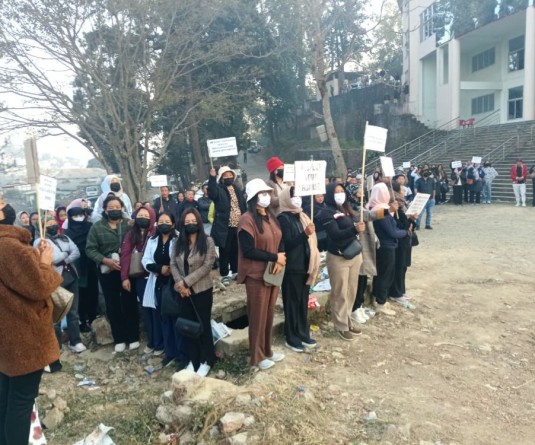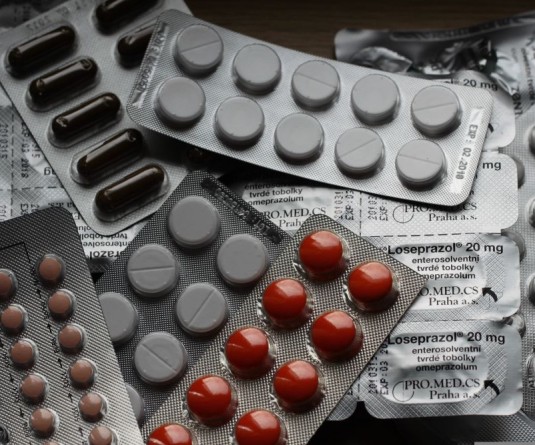
Kohima, March 11 (MExN): A training and skill development of public officials, government officials and civil society organisation of Kohima under the National Clean Air Programme 2023-24 organised by District Administration Kohima was held at DPDB hall, Kohima on March 8.
A DIPR report stated that ADC Kohima, Rhoseitho Nguoti NCS, in his brief note said, National Clean Air Programme (NCAP) was launched in the year 2019 and the training was held to disseminate and impart the knowledge to the general public about clean air. He said that it was surprising to learn that the quality of air in Kohima city was contaminated and does not meet the national standard. “We have failed to realise that we are all equally responsible for air pollution,” he stated.
District Administration has been reaching out to different section of the society, schools imparting the NCAP, he informed, and called upon all the officers to take up this challenge to achieve clean air collectively.
In the 1st session of the training, JSA, NPCB, Rongsenben Longkumer highlighted on ambient air quality and air pollution. She stated that under the National Air Monitoring Programme (NAMP) there are 11 manual monitoring stations and one CAAQMS station in Nagaland with seven manual stations at Dimapur and four stations at Kohima.
The source of air pollution are mainly from dust raised from vehicular movement on the dusty roads, Vehicular emissions, burning of wastes such as municipal waste bins, garden/leave waste etc., emission from small scale industries such as stone crushers, sand mahals, tyre vulcanization unit, etc, she added.
She said that the Central Government launched NCAP as a long-term, time-bound, national level strategy to achieve the targets and Centre aims at 40% reduction in particulate matter by 2026. She also highlighted that the average concentration of RSPM for Kohima city for consecutive years i.e. from 2020 to 2023 stationed at opposite NST offices has decreased from 75 to 67, while High School Junction has increased from 95 to 106, PWD Junction from 96 to 71 and Upper Midland from 54 to 64.
She mentioned that the air quality of Kohima and Dimapur city has been placed under “non-attainment city” with respect to particulate matter and further added that the local bodies and gram panchayat/village councils shall ensure that open burning of plastic wastes does not take place.
Scientist ‘B’ NPCB Yanathung Kithan gave a brief note on the Solid Waste Management Rules, 2016. He said that that waste generator shall segregate and store the waste generated by them; wrap securely the used sanitary waste; reduce solid waste at source, recycle plastic, metal, rubber, and glass by separating them and sending them to recycling for the manufacture of other products.
He further said that no waste generator shall throw, burn or burry the solid waste generated by him, on streets, open public spaces outside his premises or in the drain or water bodies, all waste generators shall pay such user fee for solid waste management, the bio-degradable waste shall be processed, treated and disposed off through composting or bio-methanation within the premises as far as possible, every street vendor shall keep suitable containers for storage of waste generated during the course of his activity, all resident welfare and market associations shall ensure segregation of waste at source by the generators.
JSA, NPCB Y Hanpong K highlighted on Mission Life. Later, the participants also went for a field exposure trip to KMC waste management facilities.






